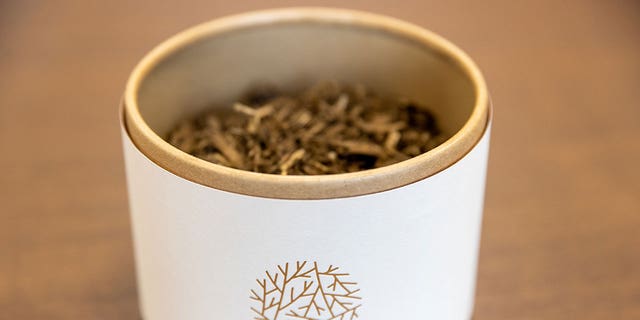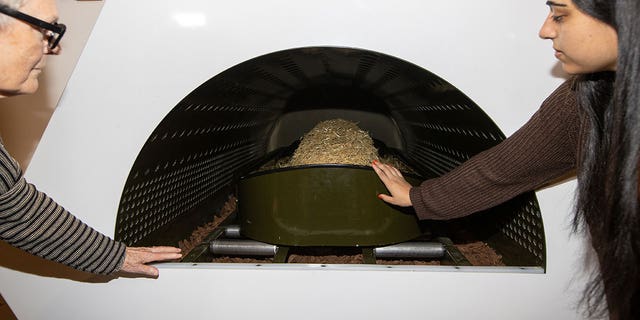New York becomes 6th US state to green light human composting law
New York has become the sixth state in the United States to legalize natural organic reduction, popularly known as human composting, as a method of burial.
Democratic Gov. Kathy Hochul signed the legislation on Saturday. Washington was the first state to legalize human composting in 2019, followed by Colorado and Oregon in 2021 and Vermont and California in 2022.
“I am committed to having my body composted and my family knows that,” Howard Fischer, a 63-year-old investor living north of New York City, told The Associated Press. “Whatever my family chooses to do with the compost after it’s done is up to them.”
The alternative, green method of burial aligns with Fischer’s philosophical view on life: to live in an environmentally conscious way.
SUSPECT IN NYC POLICE STABBING MAY HAVE ISLAMIC EXTREMIST TIES
The process involves the body of the deceased being placed into a reusable vessel, along with plant material such as wood chips, alfalfa and straw. The organic mix creates the perfect habitat for naturally occurring microbes to do their work, quickly and efficiently breaking down the body in about a month’s time.
The end result is a cubic yard stack of nutrient-dense soil amendment, the equivalent of about 36 bags of soil, that can be used to plant trees or enrich conservation land, forests or gardens.
NYPD SEARCHING FOR SUSPECTS WANTED FOR STRING OF ARMED ROBBERIES ACROSS NYC

For urban areas such as New York City where land is limited, it can be seen as a pretty attractive burial alternative.
Even though human composting is now legal in The Empire State, not everyone is on board with the idea.
“A process that is perfectly appropriate for returning vegetable trimmings to the earth is not necessarily appropriate for human bodies,” Dennis Poust, executive director of the New York State Catholic Conference, said in a statement. “Human bodies are not household waste, and we do not believe that the process meets the standard of reverent treatment of our earthly remains.”

“Cremation uses fossil fuels and burial uses a lot of land and has a carbon footprint,” Katrina Spade, the founder of Recompose, a full-service green funeral home in Seattle that offers human composting, said. “For a lot of folks being turned into soil that can be turned to grow into a garden or tree is pretty impactful.”
The Associated Press contributed to this report.
Read the full article Here


